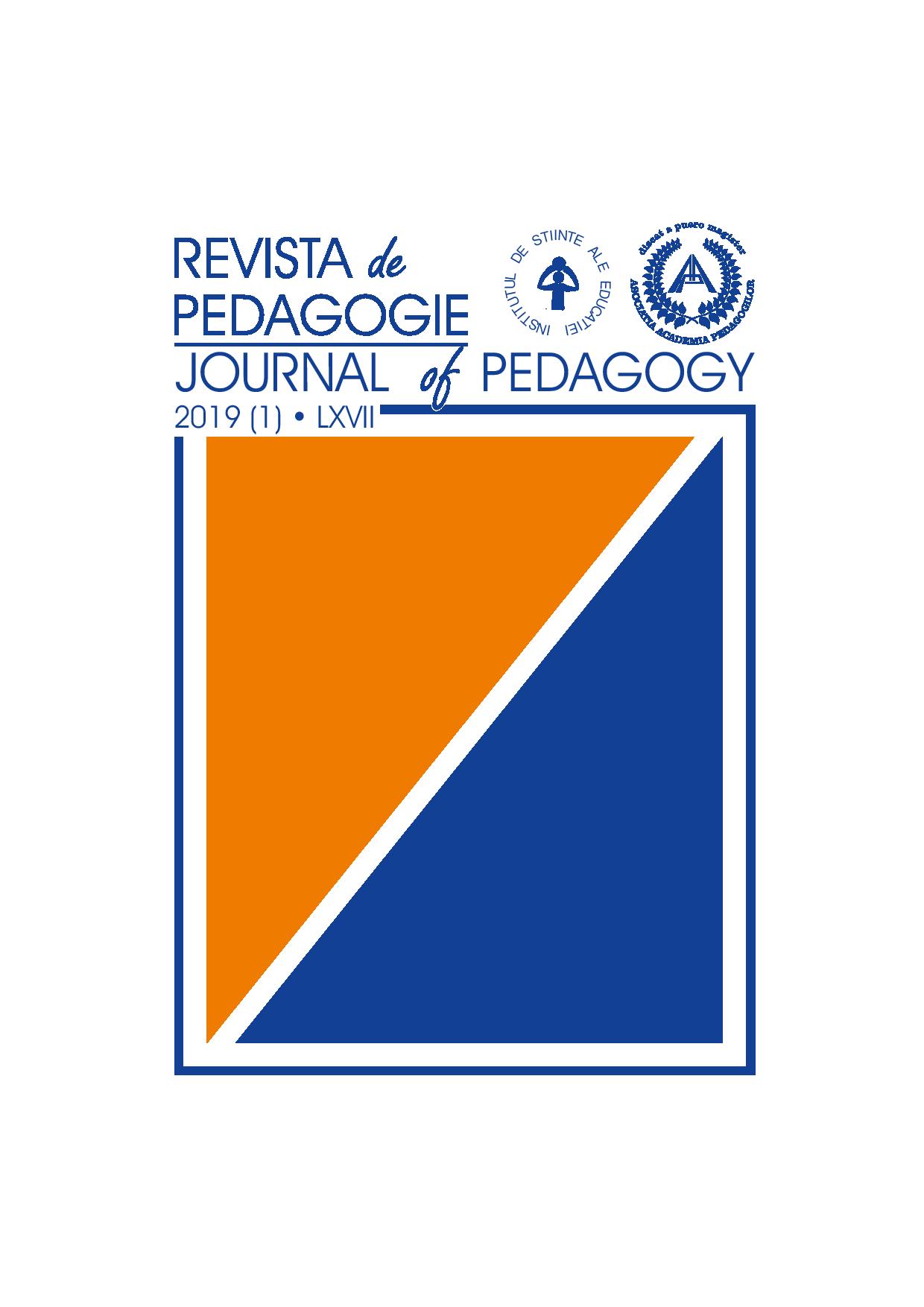UTILIZAREA TEHNOLOGIEI ÎN PREDAREA DISCIPLINELOR STEM. O CERCETARE EMPIRICĂ
THE USE OF TECHNOLOGY IN STEM EDUCATION.
AN EMPIRICAL RESEARCH
Author(s): Olimpius Istrate, Cosmina Mironov, Anca PopoviciSubject(s): Social Sciences, Education
Published by: Institutul de Științe ale Educației
Keywords: computer-assisted instruction; ICT tools in education; teachers; STEM education;
Summary/Abstract: In Romania, the latest results in PISA as well as national exams show a decrease in the interest of students in studying sciences, whilst the results are much below the OECD average. The present study has been carried out at national level by a research team from the University of Bucharest within the framework of the international Horizon 2020 project Scientix, coordinated by European SchoolNet. The study addresses the beliefs and attitudes of STEM teachers in the pre-university education on current practices, evolution and trends in the science-related skills of students. Two investigative techniques have been used: document analysis and an online standardized questionnaire-based survey. The questionnaire was developed by Friday Institute for Educational Innovation, NC State University. So far, the quantitative data was collected from 259 STEM teachers. The survey invited teachers to express their opinions related to their attitudes, values and beliefs on their teaching efficacy, development of the 21st Century skills, educational leadership, as well as some other themes such as the extent to which teaching and teachers affect student learning, the amount and quality of use of ICT for learning in STEM classes, the frequency of using certain STEM instructional practices, awareness of STEM careers. This article’s focus is on one out of the seven constructs – the use of technology in STEM classes. The construct is operationalised in eight sub-items. The discussion on the each of the constructs as well as on the relations between them is quite relevant in the light of the relationship between beliefs and practices, while the results are quite striking, with impact on tailored professional development approached.
Journal: Revista de Pedagogie
- Issue Year: LXVII/2019
- Issue No: 1
- Page Range: 73 - 91
- Page Count: 20
- Language: English

